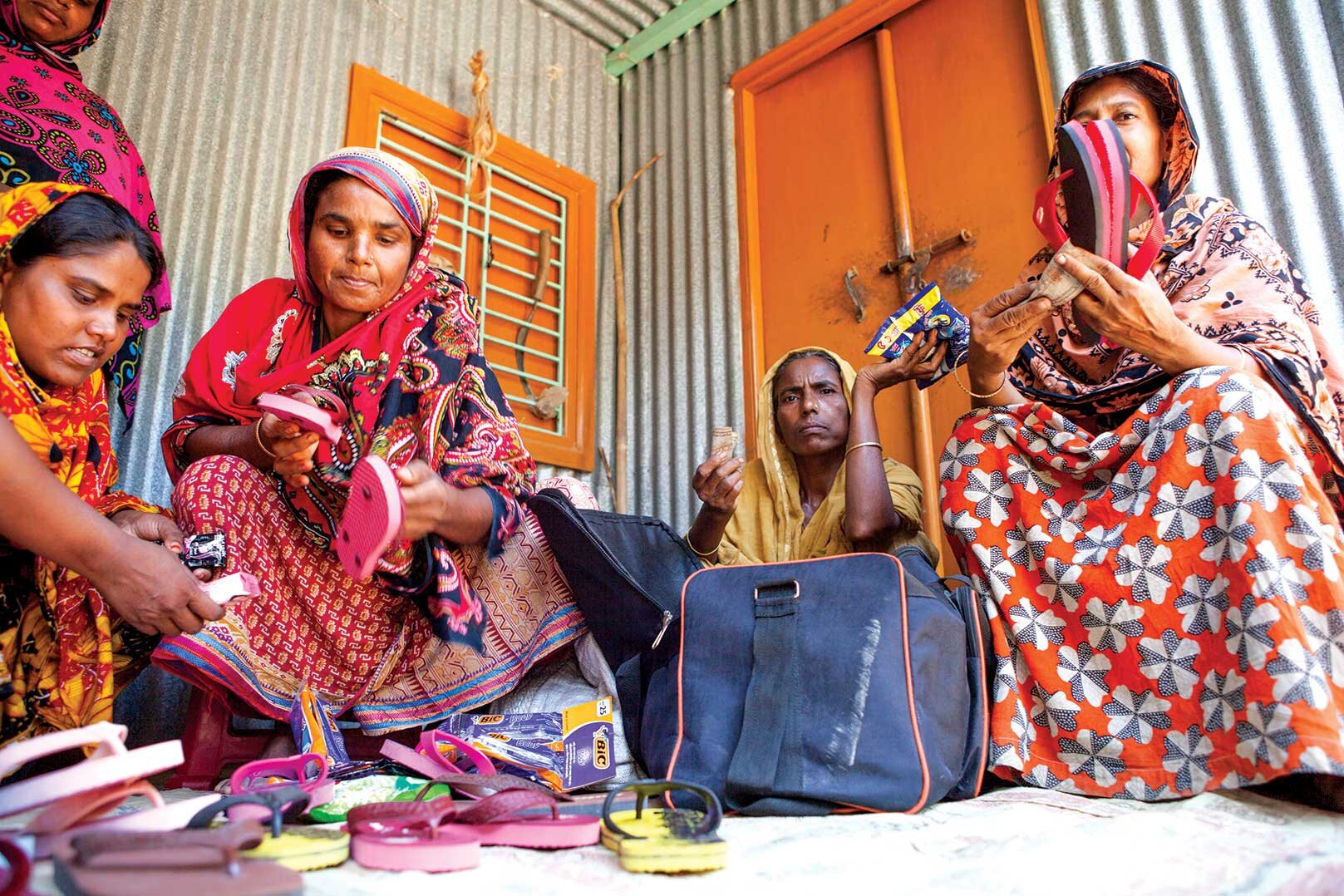Bata Shoes
Bata Shoes
Giving rural women a chance of entrepreneurial success.
BCTA MEMBERSHIP STATUS
Alumni
SECTOR
Manufacturing, Construction & Housing
HEADQUARTERS
Switzerland
REGION OF INITIATIVE
Africa, Asia & Pacific, Latin America & Caribbean
SDG CONTRIBUTION
RELATED NEWS
Bata Bangladesh, the local company of the family-owned global footwear and accessories manufacturer and retailer Bata Shoe Organization, has joined the Business Call to Action (BCtA) with a commitment to train and employ 5,000 low-income rural women as independent sales representatives.
The Rural Sales Programme, Bata's social enterprise, plans to expand to 40 rural districts and reach 10 million new customers with its affordable footwear products by 2020. BCtA is a global initiative that encourages companies to fight poverty through inclusive business models, supported by the United Nations Development Programme (UNDP) and other international organizations.
The Rural Sales Program was launched in 2005 in partnership with CARE International's social business, Jita, and was designed to help overcome some of the obstacles to economic development in rural Bangladesh, such as lack of market penetration and a lack of economic opportunities for those without land, many of whom are women. Since its inception, the programme has expanded rapidly, growing from 49 women selling only Bata flip flops at US$1 in one region, to more than 2,200 women across 54 hubs in 28 rural districts and reaching 375,000 households selling, toiletries, apparel and medicine in addition to footwear. Known as Aparajitas Bengali word for 'woman who never gives up'; the women are now averaging US$80/120 each month in commissions, and as a result are able to improve their material conditions, build a sense of dignity and enhance their participation in household decision-making. Bata will leverage Jita's existing linkages to deliver its affordable products to the most hard-to-reach areas and expand its customer base in Bangladesh by 10 million people.




